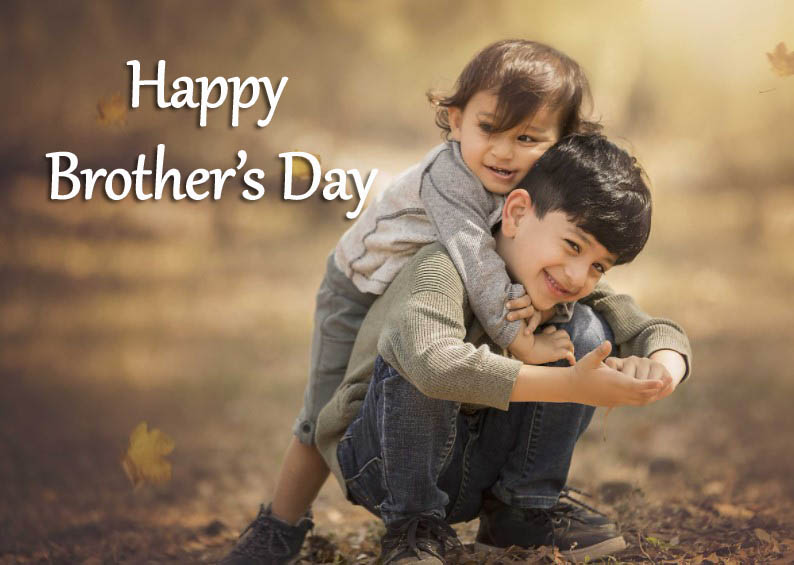How do you say Happy New Year 2024 in German?
How do you say Happy New Year in German? The start of a new year is a momentous occasion celebrated worldwide, a time when people come together to bid farewell to the old and welcome the new with hope and joy. In Germany, a country rich in history and culture, the arrival of the new year is marked by a unique blend of traditions, festivities, and heartfelt greetings. In this blog post, we will explore how to say “Happy New Year 2024” in German, discover the cultural significance of this greeting, and delve into the customs and traditions that make New Year’s Eve and New Year’s Day in Germany truly special.

How do you say Happy New Year 2024 in German?
To convey “Happy New Year 2024” in German, you can use the following phrase:
- “Frohes Neues Jahr 2024!” – This is the most common and direct way to extend New Year’s greetings in German. It is a warm expression of happiness and well-wishing for the new year.
Breaking down the phrase:
- “Frohes” means “happy” or “joyful.”
- “Neues Jahr” translates to “New Year.”
- “2024” represents the specific year.
When you say “Frohes Neues Jahr 2024!” in German, you are essentially sending heartfelt wishes for a happy and prosperous new year in the year 2024.
Cultural Significance of the Greeting
The greeting “Frohes Neues Jahr!” carries cultural significance in Germany, reflecting the country’s emphasis on tradition, family, and the joy of celebrating life’s milestones. Here are some key aspects of its cultural significance:
- Silvester: New Year’s Eve, known as “Silvester” in Germany, is a time for festive gatherings, fireworks, and parties. The name “Silvester” is derived from the Feast of Saint Sylvester, celebrated on December 31st.
- Fireworks: Germans love to welcome the new year with spectacular fireworks displays. It is customary for families and friends to set off fireworks in their neighborhoods, creating a colorful and vibrant celebration.
- Dinner Traditions: A traditional German New Year’s Eve dinner often includes raclette or fondue, where friends and family gather around a shared meal. The evening is filled with laughter, toasts, and good food.
- Bleigießen: A unique tradition in Germany is “Bleigießen,” where small pieces of lead are melted and then quickly poured into cold water. The resulting shapes are interpreted as symbols of the future, providing insights into the year ahead.
- First-Footing: In some regions of Germany, the “first-footer” tradition is observed. The first person to enter a home after midnight brings gifts or tokens of good luck, such as bread, salt, or coins.
New Year’s Traditions in Germany
Germany’s New Year’s traditions are diverse and rich in symbolism. Here are some notable customs and practices observed across the country:
- Molybdomancy: “Molybdomancy” is the practice of melting small pieces of lead and then interpreting the shapes that form when the lead is poured into cold water. It’s a fun and lighthearted way to predict the future.
- Fireworks and Firecrackers: Fireworks are a prominent feature of New Year’s celebrations in Germany. People gather in public squares and private gardens to watch and launch fireworks at the stroke of midnight.
- Berliner Pfannkuchen: A popular treat on New Year’s Eve is the “Berliner Pfannkuchen,” a type of jelly-filled doughnut. It is said to bring good luck and sweetness in the new year.
- Watching “Dinner for One”: A beloved German tradition on New Year’s Eve is watching the British comedy sketch “Dinner for One.” This sketch, which features an English butler and his eccentric elderly employer, has become a cherished part of the holiday.
- “Polterabend”: In some regions, a pre-wedding tradition called “Polterabend” involves breaking porcelain or ceramic dishes to bring good luck to the couple. This custom is sometimes incorporated into New Year’s celebrations.
Conclusion
Saying “Frohes Neues Jahr 2024!” in German on January 1st is a delightful way to connect with German friends, family, and acquaintances and to join in the cultural celebration of the Gregorian New Year in Germany. Understanding the cultural significance of this greeting and the rich traditions associated with New Year’s Eve and New Year’s Day in Germany adds depth to the experience. Whether you’re celebrating in Berlin, Munich, Hamburg, or any other part of the country, the sentiment remains the same: “Frohes Neues Jahr 2024!” May the year ahead be filled with happiness, joy, and the promise of new beginnings. Happy New Year!










